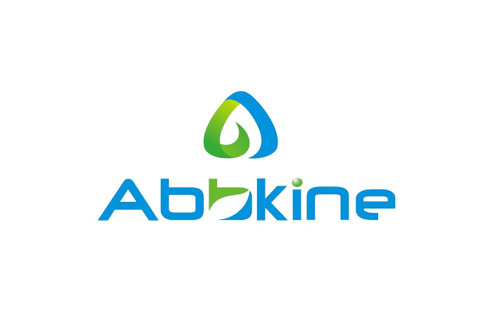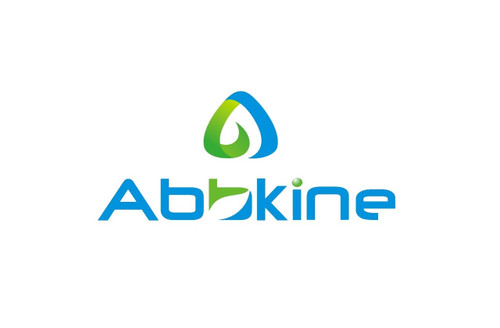Product Description
Human Peptidyl-tRNA hydrolase 2, mitochondrial (PTRH2) ELISA Kit | AE25026HU | Abebio
Species Reactivity: Human (Homo sapiens)
Abbreviation: PTRH2
Alternative Name: BIT1; CGI-147; FLJ32471; PTH2; Bcl-2 inhibitor of transcription
Application: ELISA
Range: Request Information
Sensitivity: Request Information
Intra-Assay: ≤6.2%
Inter-Assay: ≤11.2%
Recovery: 0, 87
Sample Type: Serum, Plasma, Other biological fluids
Detection Method: Sandwich
Analysis Method : Quantitive
Test Principale: This assay employs a two-site sandwich ELISA to quantitate PTRH2 in samples. An antibody specific for PTRH2 has been pre-coated onto a microplate. Standards and samples are pipetted into the wells and anyPTRH2 present is bound by the immobilized antibody. After removing any unbound substances, a biotin-conjugated antibody specific for PTRH2 is added to the wells. After washing, Streptavidin conjugated Horseradish Peroxidase (HRP) is added to the wells. Following a wash to remove any unbound avidin-enzyme reagent, a substrate solution is added to the wells and color develops in proportion to the amount of PTRH2 bound in the initial step. The color development is stopped and the intensity of the color is measured.
Product Overview: Loss of cell attachment to the extracellular matrix causes apoptosis, a process known as anoikis. BCL2 is an antiapoptotic protein that can protect cells against anoikis. BIT1 is evolutionarily conserved from bacteria to human. It contains an N-terminal mitochondria localization sequence and a C-terminal UPF0099 domain. Northern blot analysis detected a 1-kb BIT1 transcript expressed prominently in testis, prostate, skeletal muscle, and liver, with lower expression in heart, spleen, placenta, and colon. No significant expression was detected in thymus or peripheral leukocytes. Human embryonic kidney cells showed only trace expression of BIT1. Immunostaining localized endogenous BIT1 to the mitochondria of HeLa cells, and immunoblot analysis revealed a 20-kD doublet in HeLa cell mitochondrial extracts.
Stability: The stability of ELISA kit is determined by the loss rate of activity. The loss rate of this kit is less than 5% within the expiration date under appropriate storage condition. The loss rate was determined by accelerated thermal degradation test. Keep the kit at 37°C for 4 and 7 days, and compare O.D.values of the kit kept at 37°C with that of at recommended temperature. (referring from China Biological Products Standard, which was calculated by the Arrhenius equation. For ELISA kit, 4 days storage at 37°C can be considered as 6 months at 2 - 8°C, which means 7 days at 37°C equaling 12 months at 2 - 8°C) .
 Euro
Euro
 USD
USD
 British Pound
British Pound
 NULL
NULL








